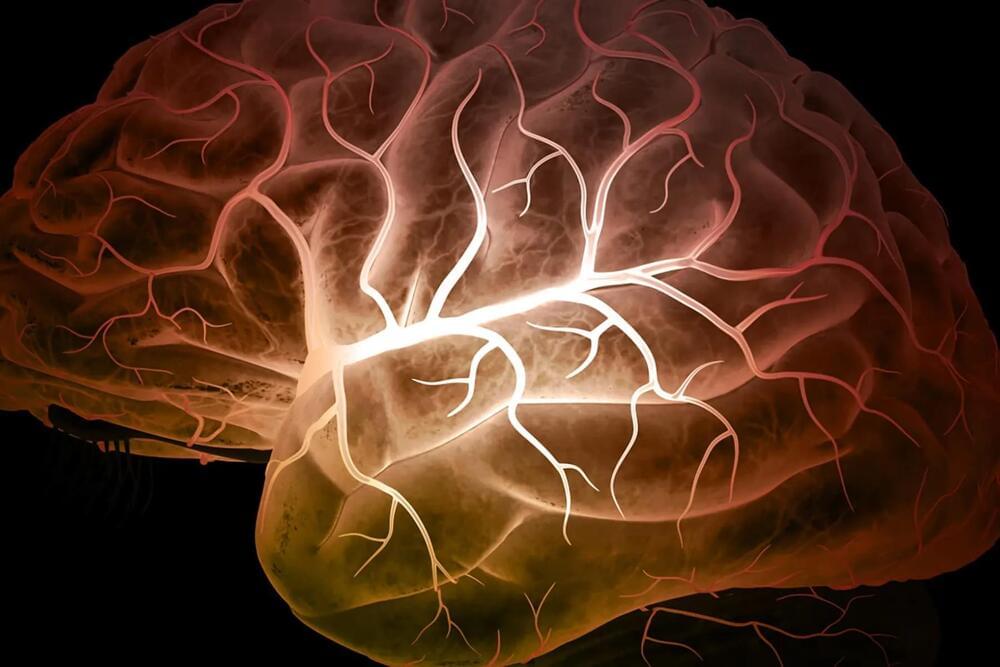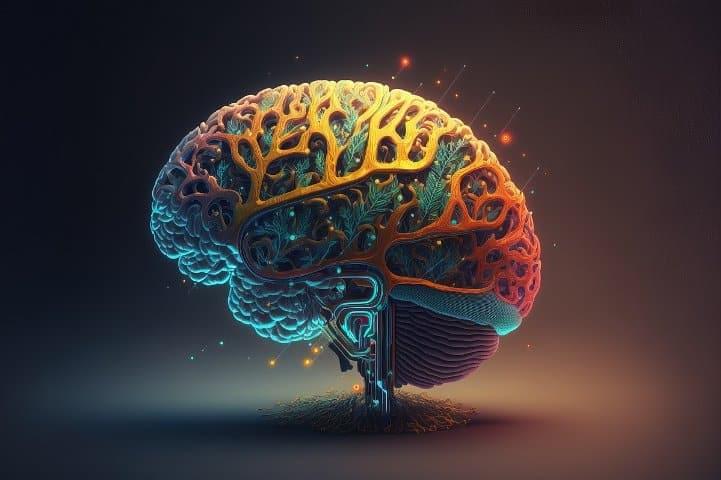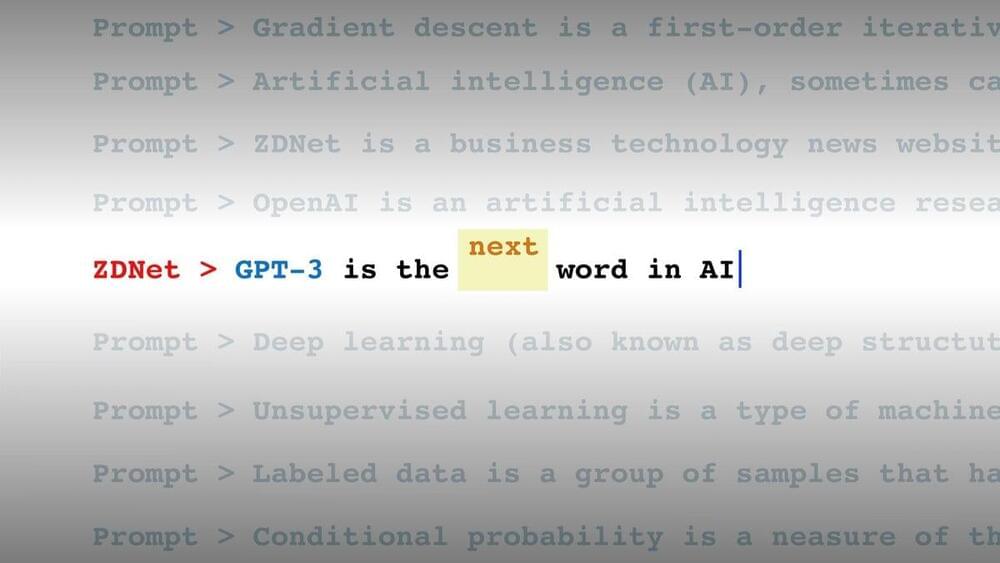Blade says it will use the ALIA-250 to take passengers from Manhattan to the Hamptons starting in 2025 or 2026.



Patients who received the treatment had less severe brain symptoms and better daily functioning 90 days after the stroke, as compared with those who received clot treatment and a placebo medication.
Butylphthalide is approved and available for use in China, where the study was done. But the medication hasn’t been approved for use by the FDA.
“This is the first trial to show the benefit of using a medication that protects the brain from damage caused by a lack of oxygen to brain tissue. The medication was given to patients with acute ischemic stroke who were also receiving treatment to restore blood flow to the brain,” says co-author Baixue Jia, MD, a doctor of interventional neuroradiology at the Beijing Tiantan Hospital and the China National Clinical Research Center for Neurological Diseases in Beijing.

Summary: Blocking the activity of the reactor called the aryl hydrocarbon receptor in T cells resulted in both a decrease in inflammation and recovery in mouse models of multiple sclerosis.
Source: University of Virginia.
University of Virginia Health neuroscientists have discovered a potential way to disrupt the chronic inflammation responsible for multiple sclerosis.

Immunotherapy is currently a treatment option for breast cancer, melanoma, leukemia, and non-small cell lung cancer.
Researchers are currently looking at using immunotherapy as a treatment for other types of cancer, including prostate cancer, brain cancer, and ovarian cancer.
The Planck Temperature – Absolute Hot: What is the hottest temperature possible.
Today I’m going to look at the Planck Temperature and it’s about to get very strange. Let’s find out more.
Planck temperature is what we think is the highest temperature possible. It is the temperature at which our understanding of the universe breaks.
In this video we’re going to try to imagine just how hot that is, and what the implications of this value are. In order to do this, we’re going to look at some other very hot things to compare.
Cup of tea image by TerriC
https://pixabay.com/photos/tea-cup-vintage-tea-cup-tea-cup-2107599/
Desert image by photo-graphe.
https://pixabay.com/photos/desert-landscape-sunset-dune-sand-2774945/
LHC tunnel image by Maximilien Brice at CERN, used under creative commons CC 4.0


A new paper has proposed an absolutely wild idea. What if aliens are creating black holes to use as quantum storage? It sounds crazy, but some scientists say it could give us a solution to the Fermi Paradox, which essentially states that if life is common in our universe, why have we not found evidence of it beyond Earth?
This paradox has caused quite a few ripples throughout the scientific community, especially within parts that believe alien life is out there, just waiting to be discovered. The new paper has yet to be peer-reviewed, but it was created by a team of German and Georgian scientists who say we may be looking in the wrong direction in our search for alien life.
Currently, we rely on radio signals to search for signs of life out in the universe. But, these researchers suggest that we should instead approach black holes as if alien civilizations created them as massive quantum computers to store data in. As such, we should be looking for technosignatures emanating from megastructures like pulsars, white dwarf stars, and black holes.

51 of its Starlink internet satellites to orbit on Friday (Feb. 17), acing the first of two orbital missions the company has planned for the day.
The Starlink craft rode atop a Falcon 9 rocket, which lifted off from California’s Vandenberg Space Force Base at 2:12 p.m. EST (1912 GMT; 11:12 a.m. local California time).

